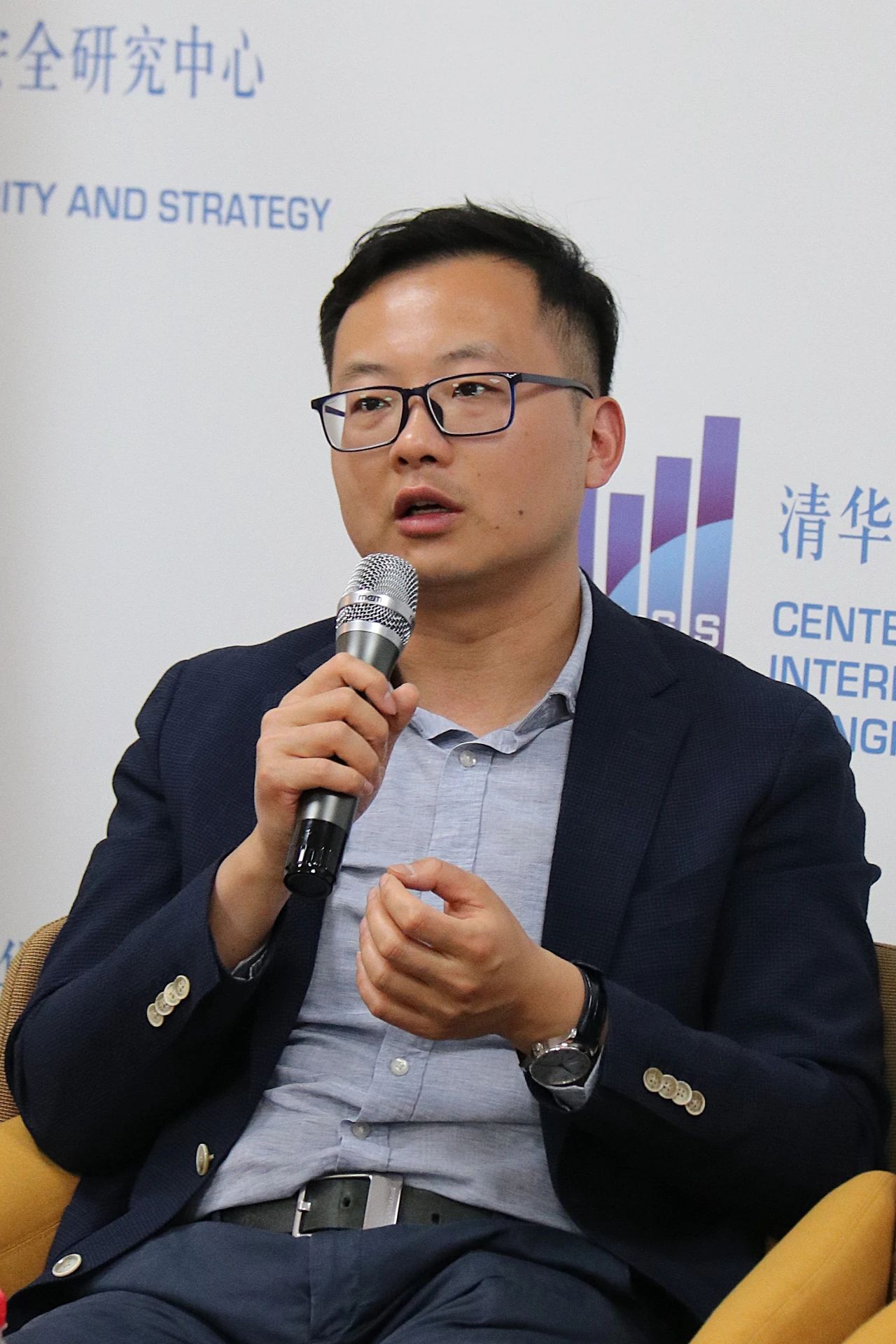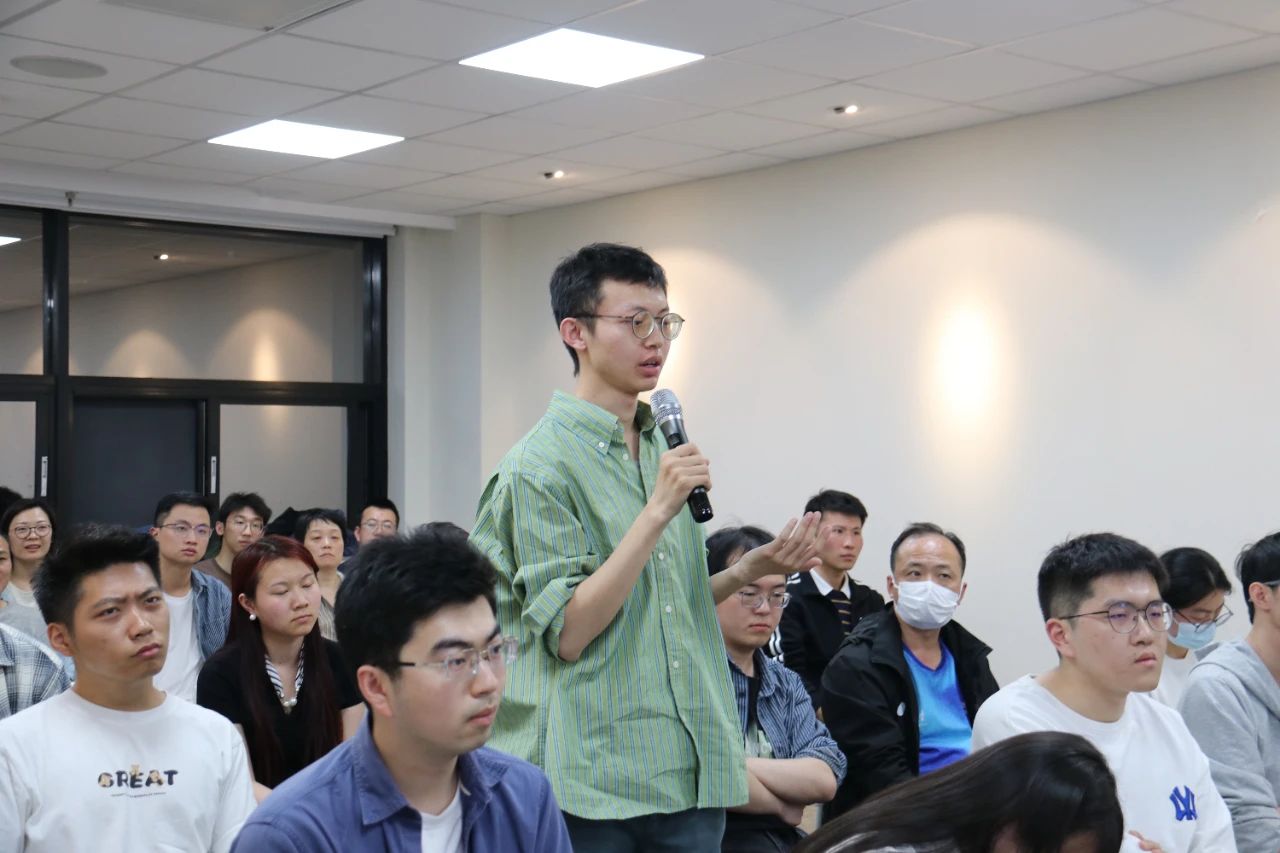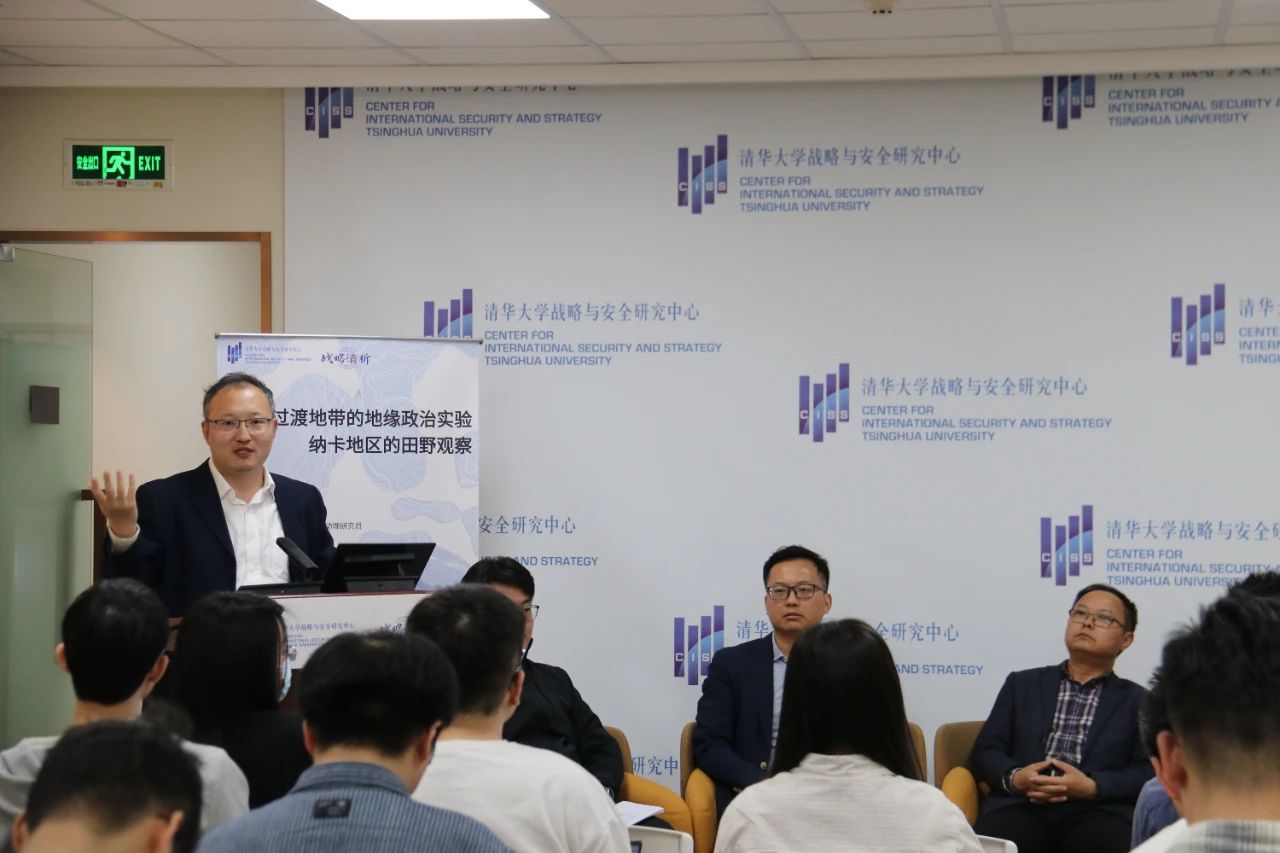On April 18, 2025, the Center for International Security and Strategy (CISS) at Tsinghua University hosted the 19th StratFocus Forum, themed "Geopolitical Experiments in the Eurasian Transition Zone: Field Observations from Nagorno-Karabakh." The forum featured Assistant Researcher SHI Jing from Tsinghua’s Institute of International and Area Studies, who shared insights from his field investigations in Nagorno-Karabakh, discussing the conflict’s impact and strategic adjustments by involved parties and neighboring countries in the new geopolitical reality. Discussants included YANG Jin, Deputy Director and Associate Researcher at the Institute of Russian, Eastern European, and Central Asian Studies, Chinese Academy of Social Sciences, and SHE Gangzheng, Associate Professor at Tsinghua' s Department of International Relations. The forum was moderated by CISS fellow SONG Bo.
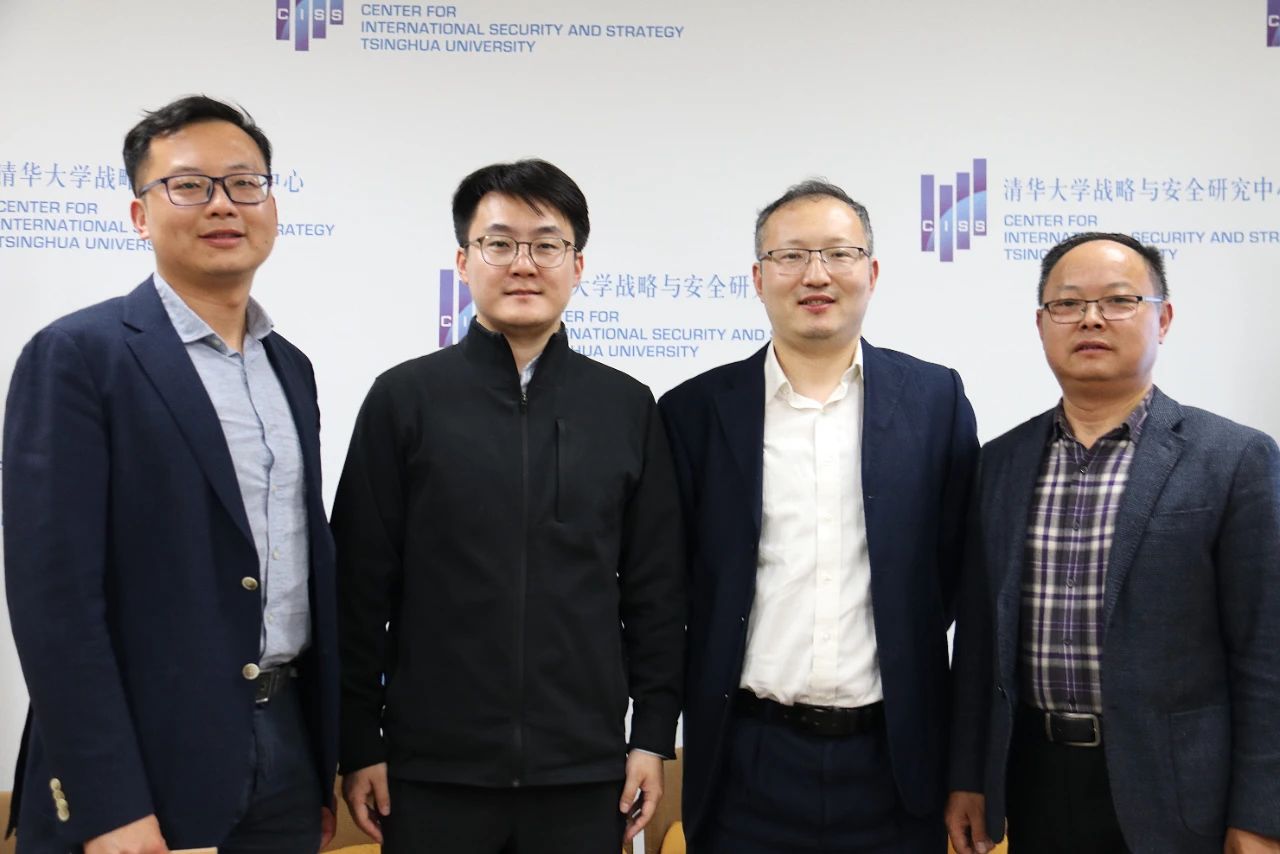
SHI Jing reviewed his multi-year field research across the Caucasus, focusing on recent observations via Azerbaijan, analyzing policy interactions and strategic shifts. He explored evolving dynamics of "frozen conflicts," regional cooperation, great power influence, and post-conflict political and social trends.
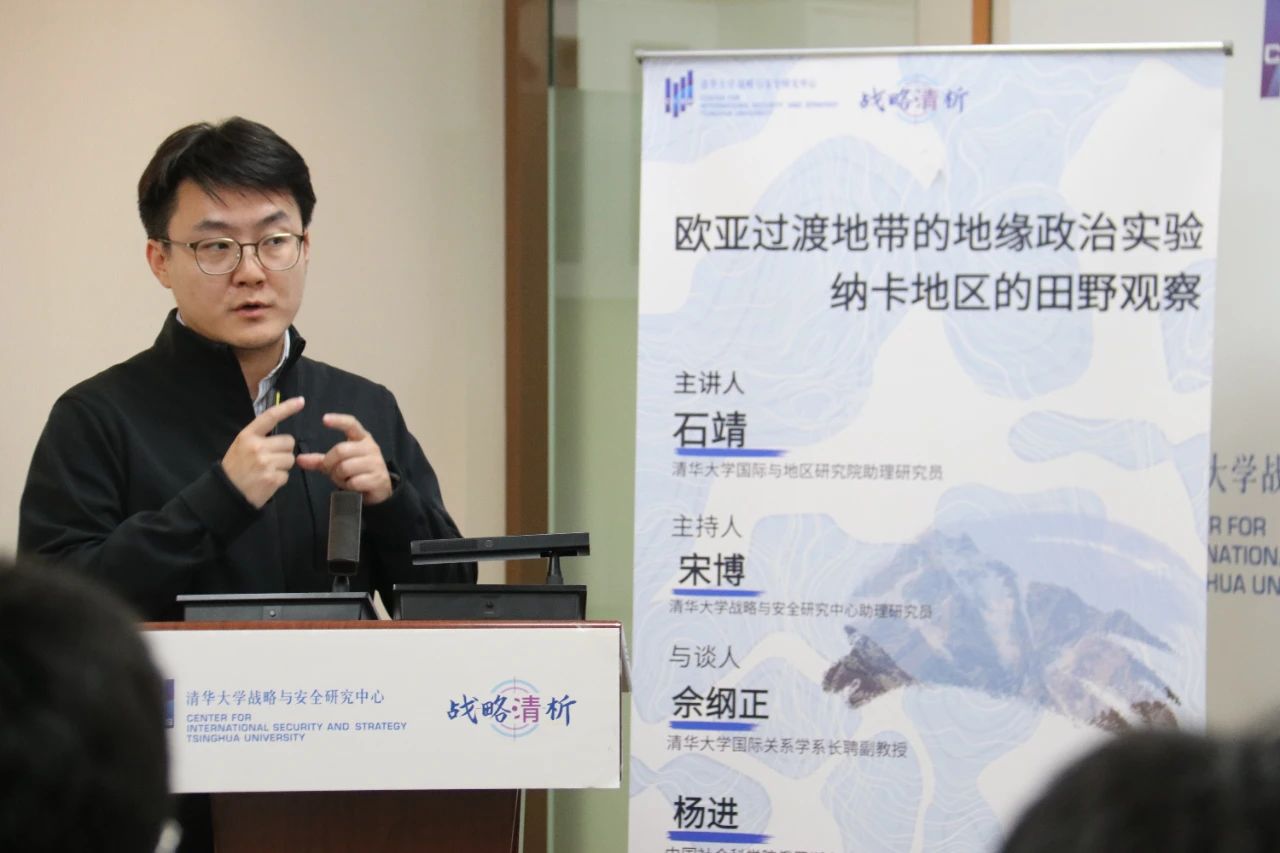
YANG Jin highlighted the historical and contemporary roots of the Nagorno-Karabakh conflict, noting the region’s role as a contested geopolitical fault line shaped by Slavic, Arab, and Turkic civilizations, exacerbated by ethnic tensions.
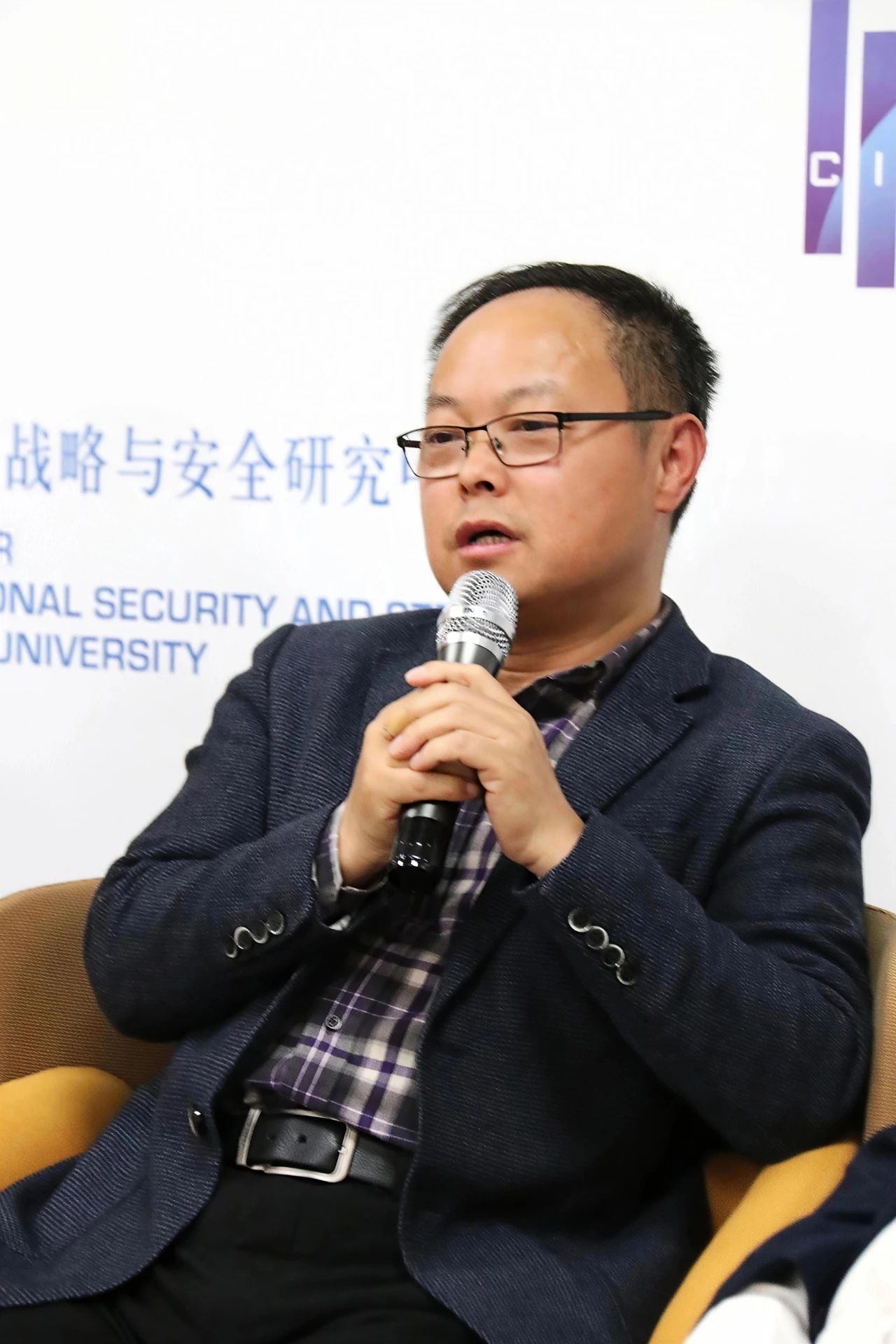
SHE Gangzheng framed the conflict within the Greater Middle East, emphasizing the significance of field research and the rise of regional powers like Iran and Turkey amid declining great power influence. He noted Azerbaijan' s strategic success through balanced diplomacy and energy-driven economic growth, despite new challenges.
